From pv magazine Global
US-based tech startup Salgenx has unveiled a scalable saltwater flow battery for applications in renewable energy, telecommunication towers, oil well pumps, agriculture irrigation pumps, and greenhouse irrigation or lighting. The batteries are suitable for standalone storage or with solar or wind power.
“It is very suitable for solar power storage, with the added benefit of solar thermal storage in the salt water electrolyte tank,” CEO Gregory Giese told pv magazine.
The manufacturer said the new battery has an energy density of 125.7 Wh/L. It requires two large tanks filled with fluid electrolytes, one of which is saltwater and the other a proprietary electrolyte. The fluids are circulated through electrodes, which regulate the input and output of electricity from the battery.
The solution can be scaled by adding more electrodes and additional electrolyte tanks. Salgenx also offers the solution in 250 kW, 3 MWh, 6 MWh, 12 MWh, and 18 MWh configurations. The flow battery is membrane-free, unlike most redox flow batteries.
“The absence of the membrane saves huge upfront purchase costs, maintenance, and consumable expenses,” Salgenx says on its website.
The company claims that material costs of USD 5/kWh ($7.1), USD 257/kWh ($366) for system infrastructure, and a total system cost of USD 500,000, or USD 166/kW for the 3,000 kWh battery. The technology purportedly has a life expectancy of more than 25 years and a roundtrip efficiency of 91% at 10 mA/square centimetre.
The saltwater tank can be used simultaneously for thermal storage, in combination with a heat pump using carbon dioxide as a refrigerant.
“Typically the thermal savings using a heat pump and higher COP (coefficient of performance), may double that of electricity rate savings,” the company claims.
Salgenx develops the technology and sells licenses to third-party manufacturers to commercialise the solutions.
This content is protected by copyright and may not be reused. If you want to cooperate with us and would like to reuse some of our content, please contact: editors@pv-magazine.com.

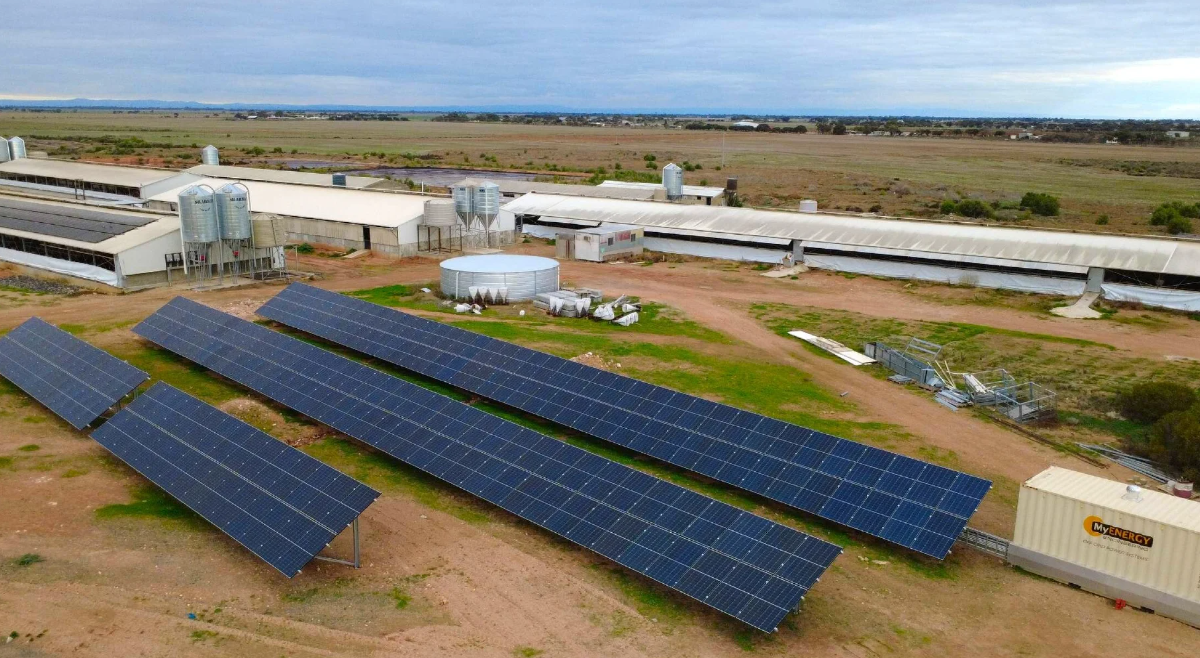

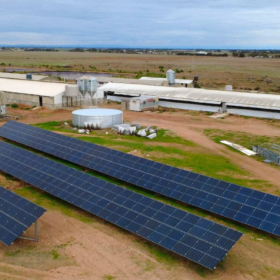
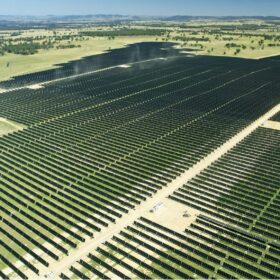
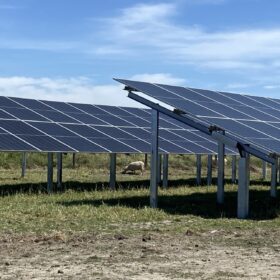
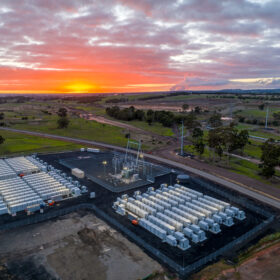
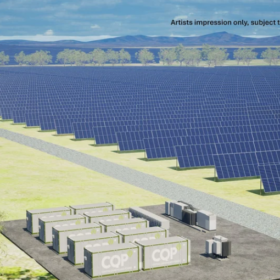
How does this compare to off-river pumped hydro? Off-river Pumped Hydro Electricity Storage can be built faster than on-river, cheaper, and with no ecological concerns about disrupting a river system. Build PHES within a pipe’s distance of a river. Build the upper and lower reservoir and turbine rooms all at once, and it can be built in 2 or 3 years! Slowly pump the water in from a river somewhere within a few dozen km’s. When looking off-river, the number of potential sites is exponentially more than we need. Professor Blakers of the Australian National University has satellite mapped all the potential sites around the world. Pick your best 1% and you’re done! Blakers Youtube starts with Australian examples and then moves to the world situation here. http://youtu.be/_Lk3elu3zf4?t=986 Or see here:
http://iopscience.iop.org/article/10.1088/2516-1083/abeb5b#prgeabeb5bs6